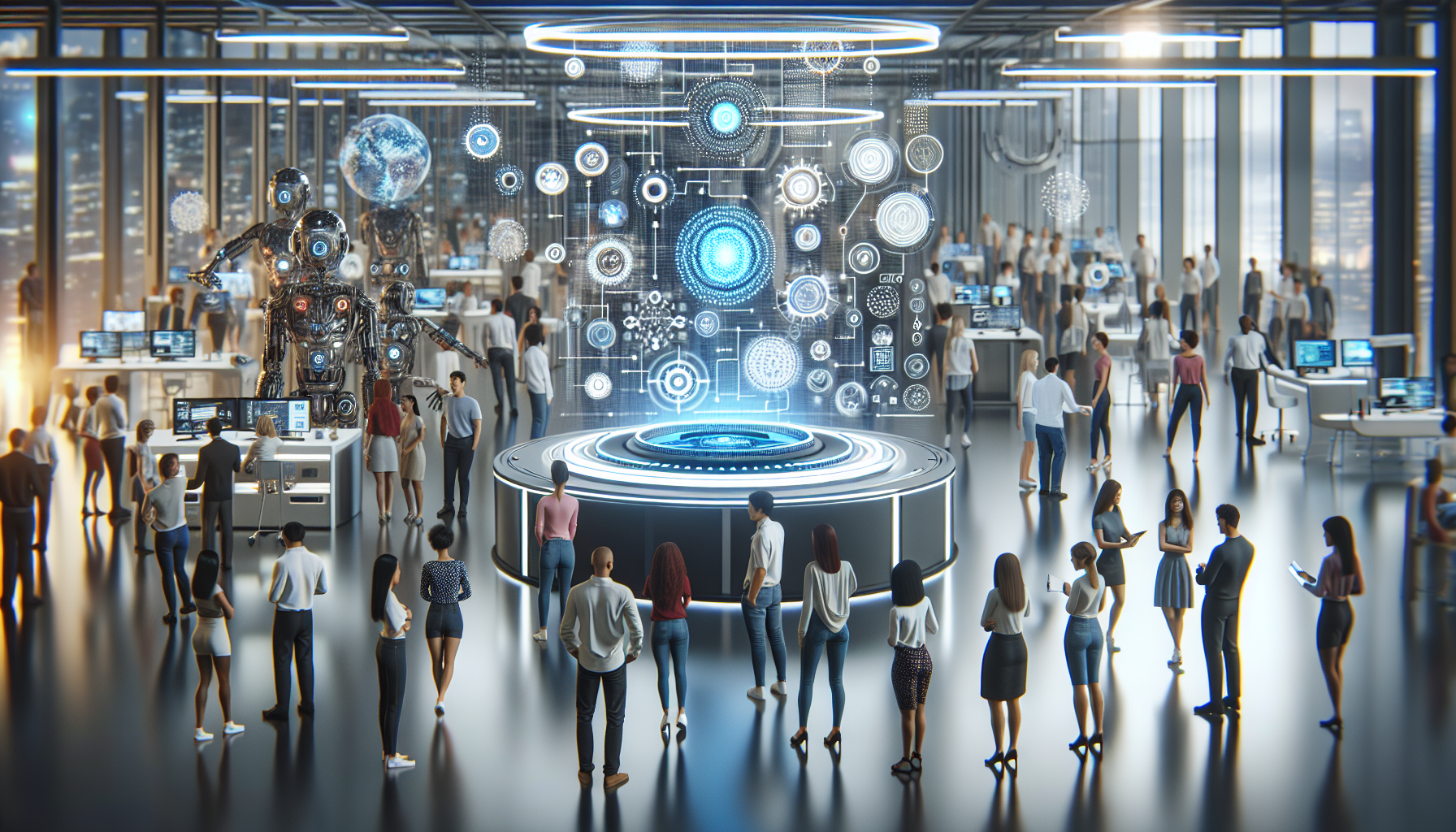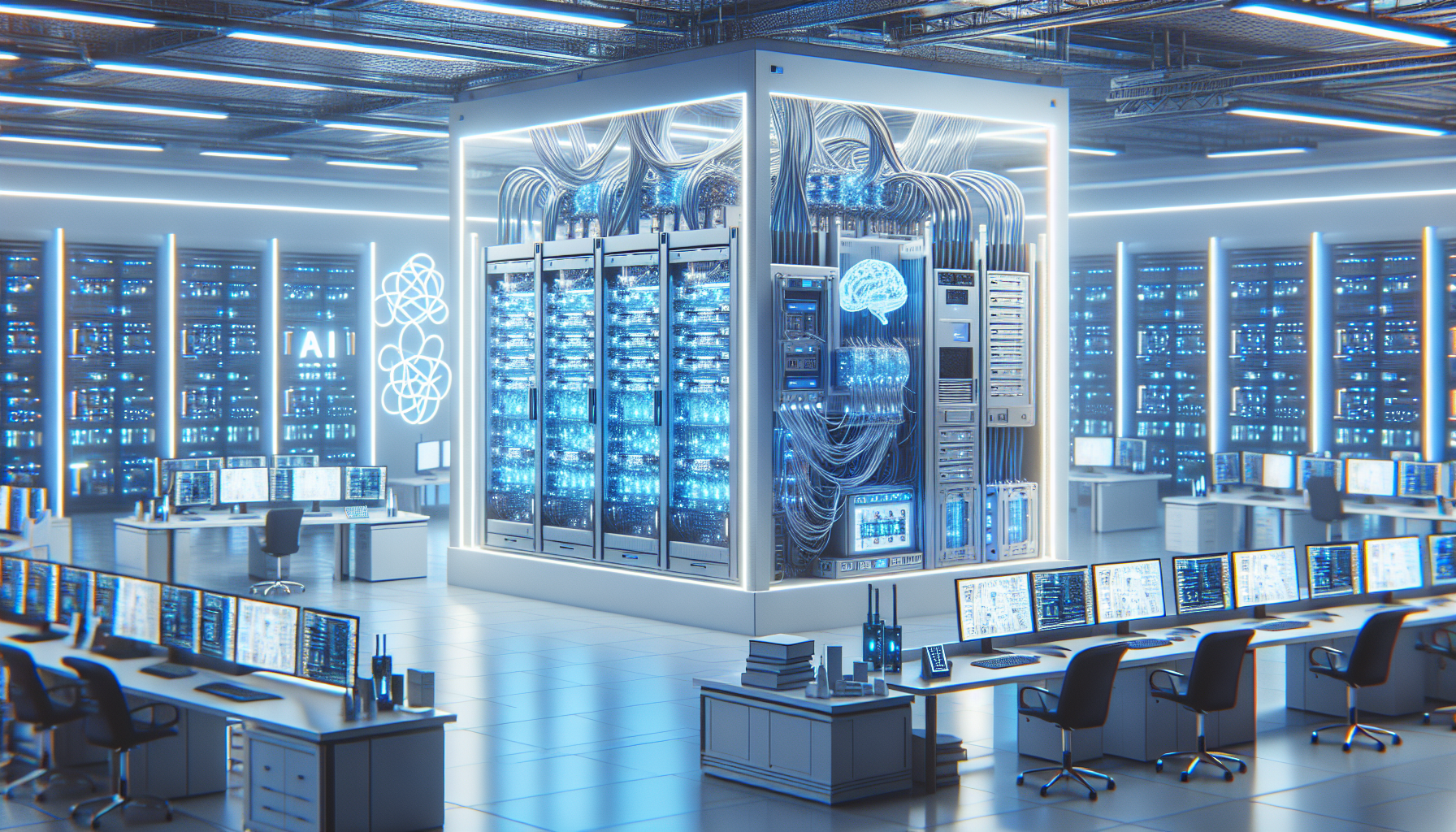
AI in Autonomous Vehicles: Future Predictions and Technical Insights
October 2, 2025
Artificial Intelligence (AI) has been at the forefront of technological innovation, with its applications disrupting various industries. One of the most promising arenas witnessing AI's transformative power is the realm of autonomous vehicles. As these vehicles gear up to redefine transportation, understanding the role of AI in their future development is crucial for both industry stakeholders and consumers.
The integration of AI into autonomous vehicles is not just about enabling them to navigate roads without human intervention but involves a complex web of technologies working in harmony. Machine learning algorithms, computer vision, deep learning, and sensor fusion are some of the critical components. These technologies process an immense amount of data from the vehicle's surroundings to make real-time decisions, ensuring safety and efficiency.
One of the key areas where AI is expected to play a significant role is in enhancing the decision-making abilities of autonomous vehicles. Unlike human drivers, who rely on experience and instinct, autonomous vehicles must make decisions based on data. This involves predicting the behavior of other road users, interpreting traffic signals, and responding to unexpected obstacles. AI algorithms are continuously evolving, learning from vast datasets to improve the accuracy and reliability of these predictions.
Moreover, the future of AI in autonomous vehicles is likely to see significant advancements in vehicle-to-vehicle (V2V) and vehicle-to-infrastructure (V2I) communication. These technologies, underpinned by AI, will allow vehicles to share information about road conditions, traffic congestion, and potential hazards. Such a networked approach can lead to a more coordinated and efficient traffic system, reducing accidents and improving traffic flow.
Another area where AI is set to revolutionize autonomous vehicles is personalization. Future autonomous vehicles could leverage AI to tailor the driving experience to individual preferences. This could involve adjusting the vehicle's interior environment, such as temperature and lighting, or optimizing routes based on the driver's past preferences and current mood. AI-driven personalization not only enhances user satisfaction but also contributes to a more efficient journey.
As AI technology advances, the ethical implications of autonomous vehicles are also becoming a focal point of discussion. How should an AI system prioritize decisions in a scenario where an accident is unavoidable? The development of ethical frameworks and transparent decision-making processes is essential to ensure public trust and acceptance of autonomous vehicles. AI's capability to simulate and test various ethical scenarios can aid developers in creating vehicles that align with societal values.
Furthermore, AI is expected to enhance the cybersecurity of autonomous vehicles. As these vehicles become more connected, they are susceptible to cyber threats. AI can play a pivotal role in identifying and mitigating potential security breaches, ensuring that the vehicle's software remains secure from malicious attacks. By continuously monitoring and learning from new threats, AI systems can adapt and provide robust protection against emerging cybersecurity challenges.
The integration of AI in autonomous vehicles also opens up opportunities for improving energy efficiency. AI can optimize driving patterns and routes to minimize energy consumption, which is particularly crucial for electric vehicles. Additionally, AI can manage the vehicle's energy use by predicting and adapting to driving conditions, thereby extending the range of electric vehicles and reducing the overall carbon footprint.
Looking ahead, the collaborative development of AI technologies and autonomous vehicles will require input from multiple stakeholders, including governments, industry leaders, and researchers. Policymaking will play a crucial role in defining the regulatory frameworks that ensure the safe and ethical deployment of these technologies. Meanwhile, ongoing research and development efforts are essential to overcome the technical challenges that remain in achieving full autonomy.
As autonomous vehicles continue to evolve with the help of AI, the potential for innovation is vast. The future of transportation is not just about getting from point A to point B without a driver but creating an intelligent, interconnected ecosystem that prioritizes safety, efficiency, and sustainability. How will society adapt to this new era of mobility, and what role will humans play in an increasingly automated world?


